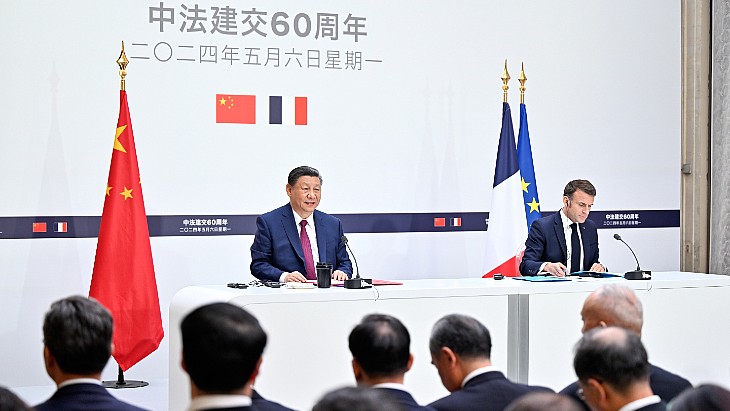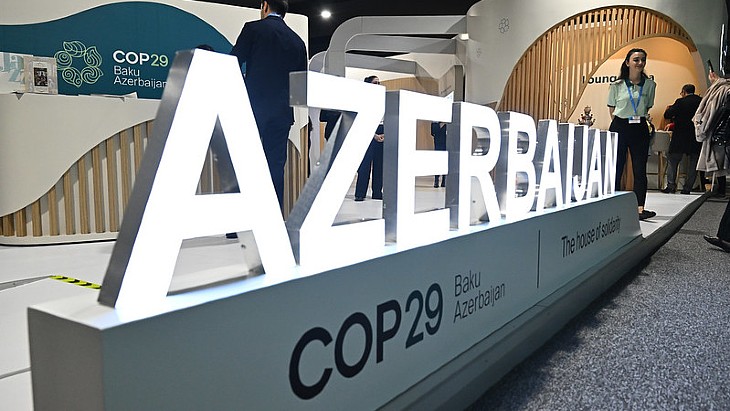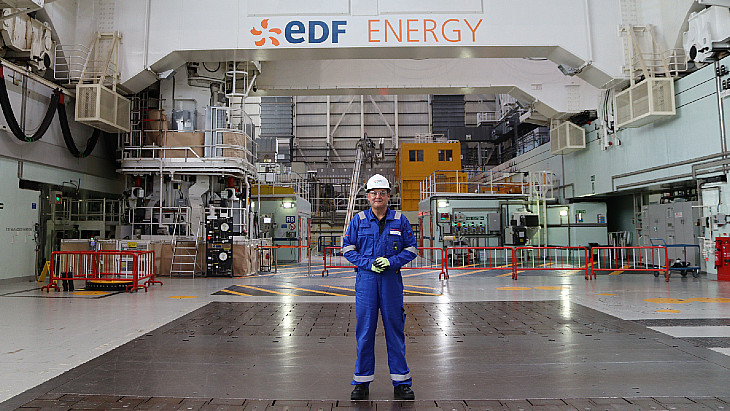Nirab recommends GBP1 billion boost for innovation
.jpg)
Nirab gives this recommendation in its first report for the Department for Business, Energy and Industrial Strategy (BEIS) since it was reconvened last year. The report, published this week, was produced in partnership with the Nuclear Innovation and Research Office (NIRO), which is hosted within the National Nuclear Laboratory.
The report, Clean Growth Through Innovation - the need for urgent action, provides an initial set of findings and recommendations to Government in response to questions it posed Nirab: to monitor the delivery and impact of the BEIS Nuclear Innovation Programme (NIP) and recommend any amendments that may be necessary in the light of outputs from the programme and developments in the nuclear landscape; to advise where innovation could drive down costs across the whole nuclear life-cycle; and to identify opportunities for greater collaboration with industry and international partners.
"It is clear from our work over the last year that there is need for urgent action. The nuclear industry in the UK must develop products that are cost competitive, attractive to investors, create economic value for the UK, and use best in class programme controls to ensure timely, cost effective delivery. International collaboration will be a key to success," Nirab Chairman Mike Tynan said.
NIP is the first significant public investment in future civil nuclear fission research and innovation for a generation, Tynan said, adding this is already having an impact in "rejuvenating UK capability and increasing the UK's international standing".
"To maximise value for money, government will now need to ensure that the necessary arrangements are in place to coordinate all publicly funded civil nuclear research and to set strategic direction," he said.
Beyond the timeframe of the current NIP, he said there needs to be a transition to a demonstration phase in which new technology and product development is accelerated and the scale of investment ramped up if the UK’s ambitions for nuclear energy are to be met.
Nirab said its work to date has yielded some strong recommendations for government to consider regarding future nuclear energy research and innovation. Foremost is the need for urgent action to accelerate the development and demonstration of technologies that can broaden the role nuclear energy can play in decarbonisation across all energy sectors, it said.
Nirab has recommended that BEIS implement the remainder of the currently planned GBP180 million investment in the NIP because the initial phase of this programme is already having a significant impact.
In addition, from an initial assessment by Nirab and NIRO, it is recommended that over the next five-year spending review period (from 2021) - to accelerate innovation - government should consider investing up to GBP1 billion. Of this, GBP700 million would be spent on providing the infrastructure and cost-sharing incentives for industry to develop and construct Advanced Nuclear Technology demonstrators, and GBP300 million on developing skills and enabling UK supply chain capability and capacity.


.jpg)










